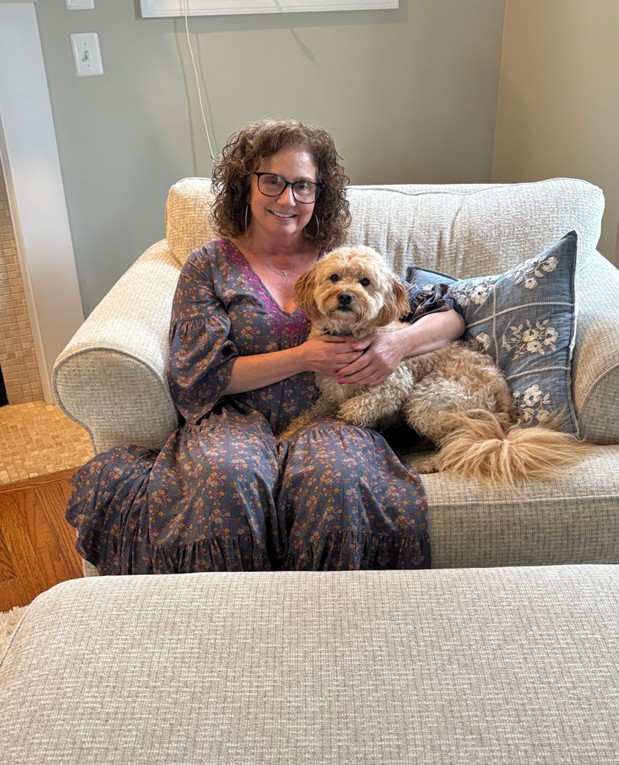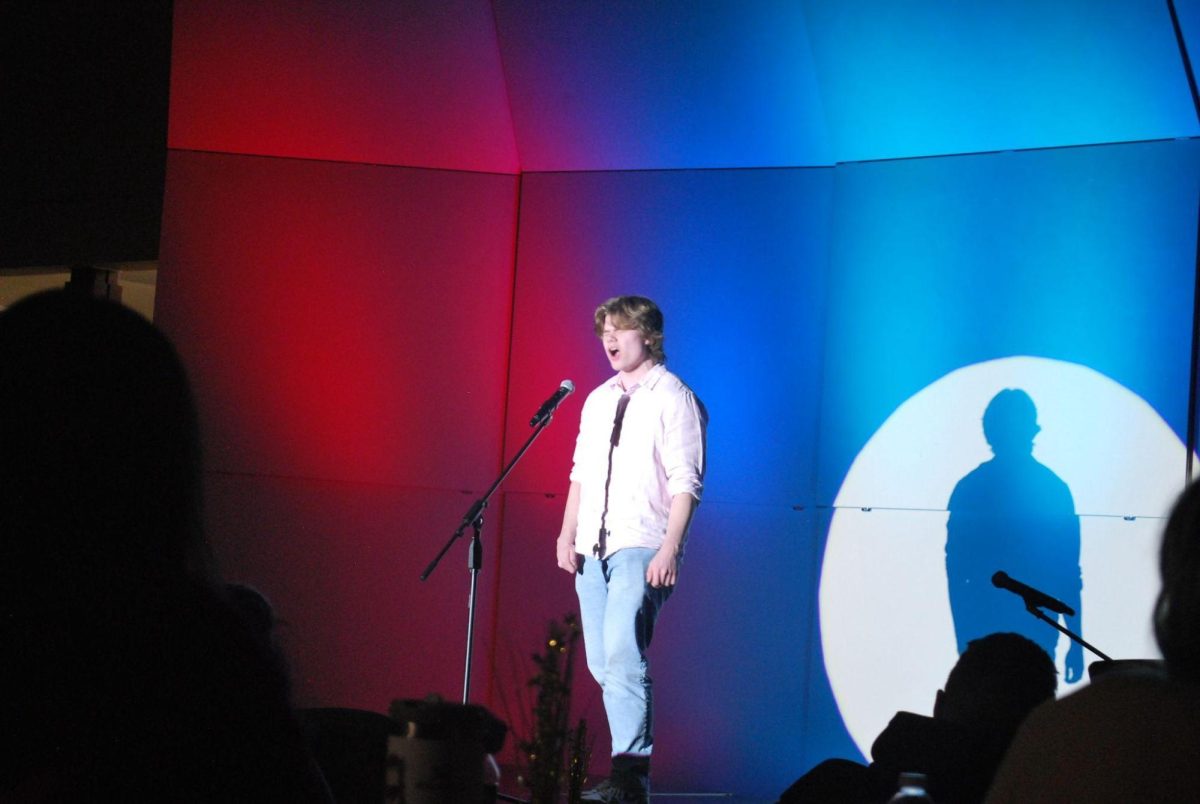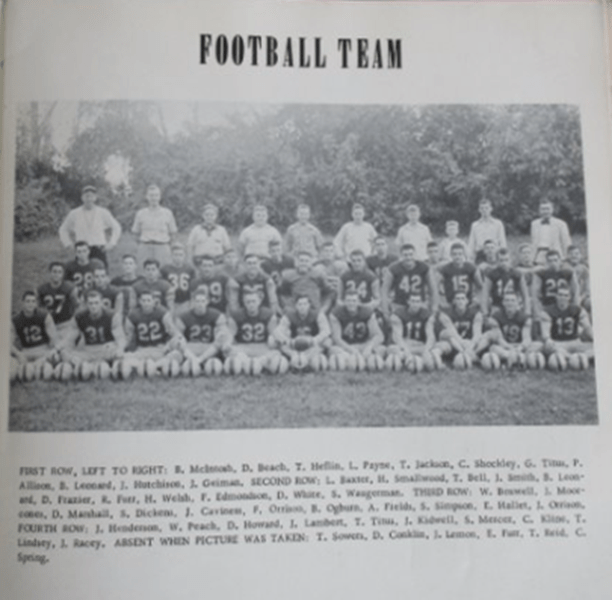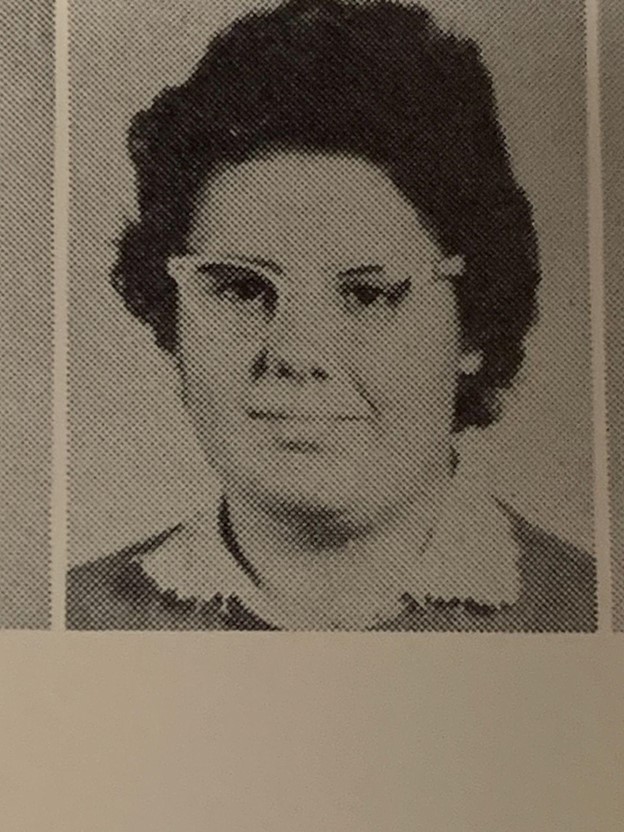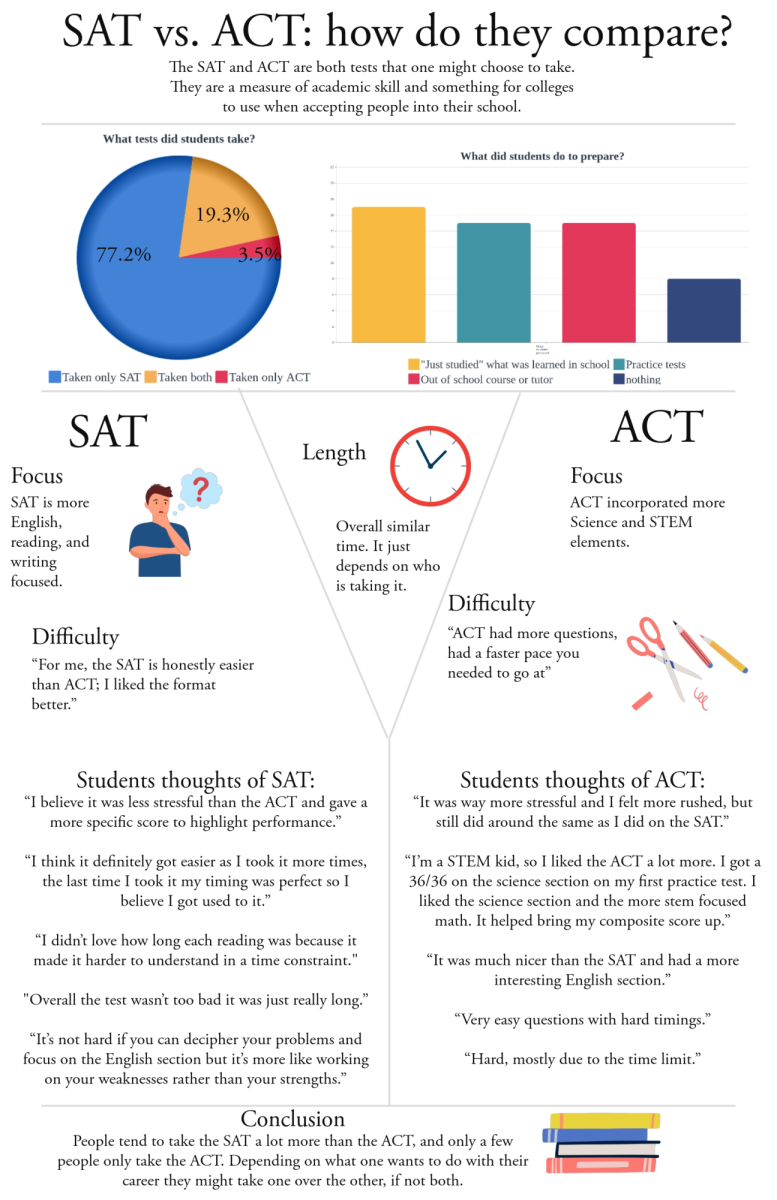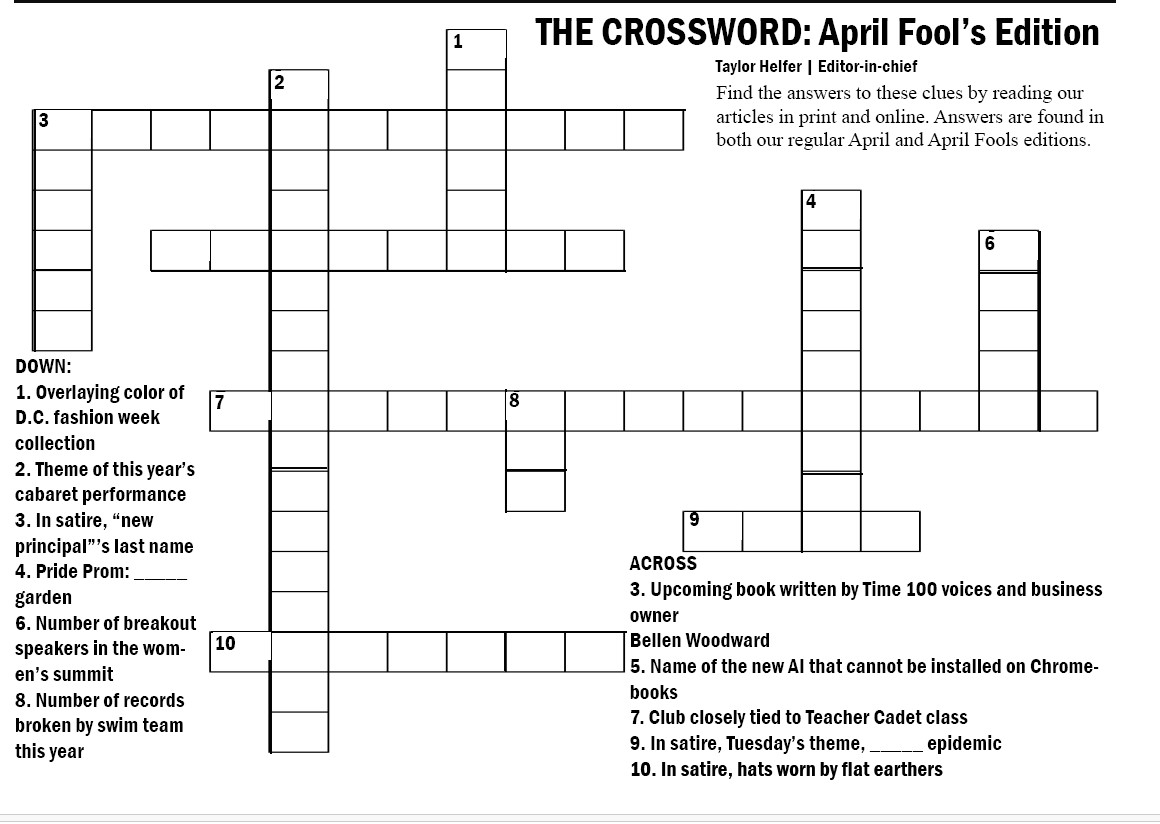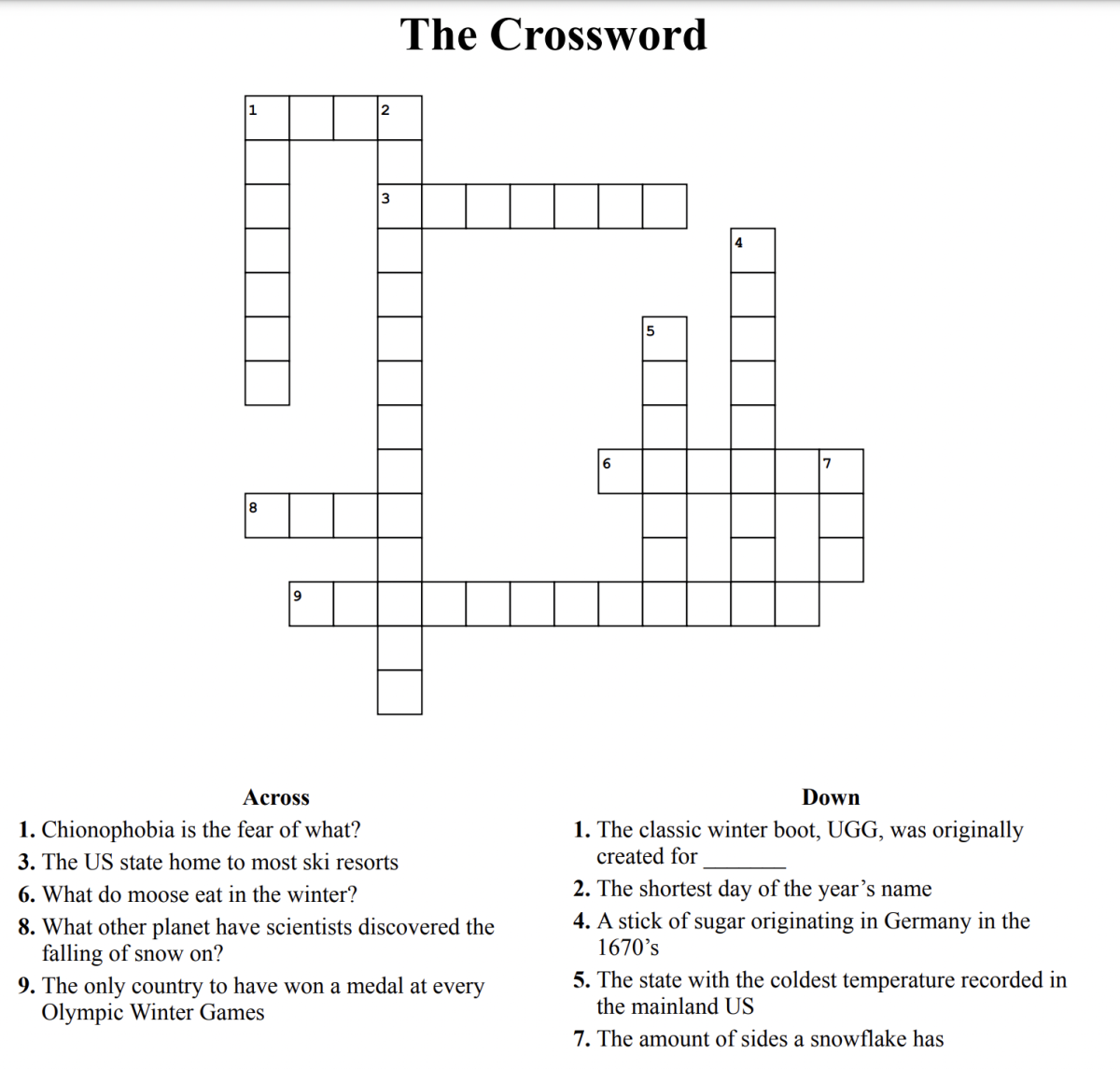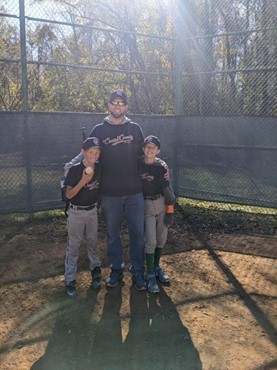In the age of information, many people feel less informed than ever before. How can this be? One aspect of the issue is the way people are now taught to consume media: being bombarded with information from all topics from all corners of the world every day without the time or encouragement of media sources to really understand and analyze what one is consuming. This can create an information overload and a comprehension deficit.
One way to combat this is working to actively add critical analysis to one’s information consumption routine. Reading versus watching actively helps this. Human brains are wired to evaluate things we see as automatically true, while the human brain naturally views the written word more critically. Because of this, one way to consume information in a way that leads to more comprehension and less passive consumption is by limiting oneself to text-based media. This is one-way newspapers shine; whether online or on paper, newspapers are still one of the best ways to consume information, because of the way our brains work and also because the action of reading, taking the time to comprehend letters on a page, jumpstarts one to become more thoughtful about how one is consuming information.
Still, this natural analytical assessment is only surface level. Working on a newspaper staff for several years, the importance of reading every article with purposeful suspicion has shown to be paramount to ensure complete understanding. Working to contextualize information in our greater knowledge as well as immediately searching for corroboration or contradictions of information is also vital to full understanding. Using newspaper articles as a main source of information assists this, because most newspaper articles come from reputable organizations and authors, even acknowledging the ubiquitous bias of these sources. Having several newspapers in one’s rotation to cross-check is an easily implementable way to gain a deeper understanding of what one is reading.
People are often scared to say “I don’t know” with access to centuries worth of information at our fingertips. Admitting ignorance has become almost taboo in many societies. One has to become comfortable with this idea, however. Using reading as one’s primary source of information is a slower process, meaning less information can be consumed per day. Admitting one is not educated on something should be normalized as long as one doesn’t carry a strong (or any) opinion on it.
Another aspect of the fear of appearing uneducated is a focus on global and national news versus local events. This has led to an underestimation and undervaluing of local news. This news often, however, has the largest effect on individuals and is the easiest to fully understand. Beginning to read local papers not only supports a dying institution that provides a source of community information, organization, and care for our society that is often lacking today, but also helps one become more aware of how to actively engage beyond the apathetic viewing of information. One of the largest critiques of modern socio-political culture is the commonness of education without use. Even understanding global policy issues or national economic issues, without beginning in our individual communities, ways to create change are often inaccessible to one person.
Therefore using newspapers, rather than social media or even TV news networks, as a primary source of information can assist with the problem of passive consumption of information and the negative effects it has on our socio-political climate, mental health, and community.




